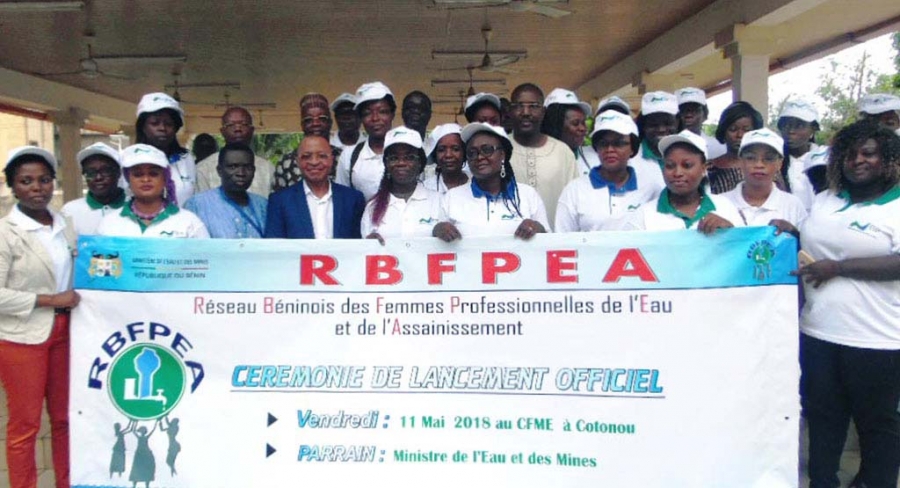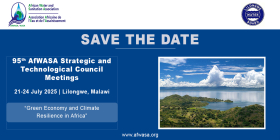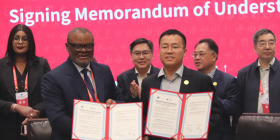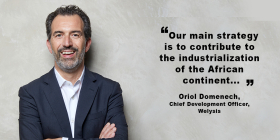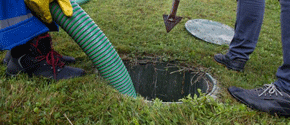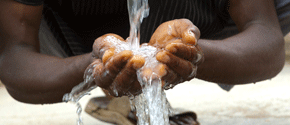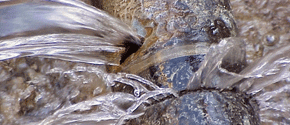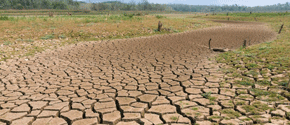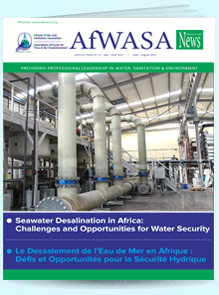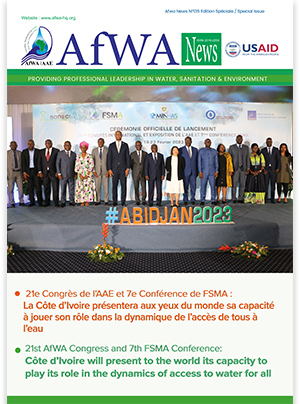In order to foster female leadership in the water, sanitation and environment sector and provide concrete solutions to the problems of under-representation of women in decision-making bodies of companies and meet the requirements of the Sustainable Development Goals regarding women empowerment, the African Water Association (AfWA) encourages the establishment of women's networks within member companies. From 2016 to 2018, thirteen national networks of professional women were established with the aim of ensuring coordinated action in order to valorise women's skills with a view to better involving them in decision-making bodies.
The latest of such networks is that of Benin, which was formed on 11 May 2018, in Cotonou, at the Training Center for Water Trades (CFME). The creation of the Network of Professional Women in the Water and Sanitation Sector in Benin (RBFPEA), according to its chairperson, ADJIBI Mouminatou, aims to “promote the involvement of professional women in the implementation of actions and projects and to highlight their contribution to the development of the sector; Beninese women involved in the sector no longer want to play second fiddle; they want to take their place in the fight for the achievement of the Sustainable Development Goals (SDGs) which aim to guarantee access to water and sanitation for all, and ensure the sustainable management of water resources by 2030."
Beninese women from the public and private sectors, non-governmental organizations and associations working in the water and sanitation sector have resolutely made the commitment to valorise, through their actions that are already perceptible in the field, their potential and take part in debates on the sector at the national, regional, and continental levels, particularly within the African Water Association (AfWA). They promise to advocate for greater involvement of women in sectoral ministries, projects and programmes, as well as scholarships for girls to encourage them join water professions. Finally, they intend to strengthen the capacity of women in the network on water-related issues, sanitation, gender and development.

 English
English  Français
Français 
